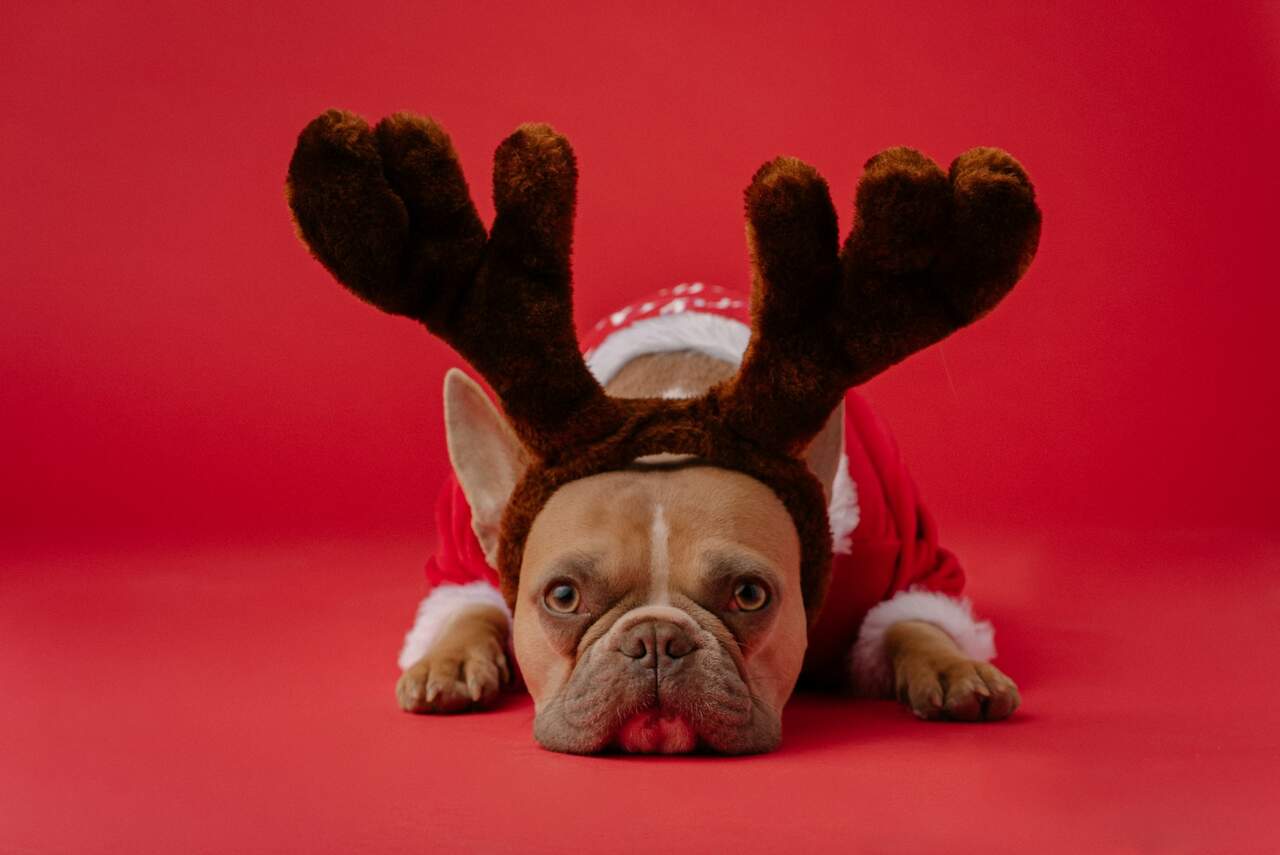
With the holiday season approaching, our taste buds are heightened as we think about the typical treats of the season, especially those from Christmas and New Year’s Eve dinners.
For many pet owners, this may also be the time to treat their pets to snacks that are part of the human diet, and even offer the leftovers from the holiday feasts. But even if it’s “just a little piece” to satisfy that pleading look, these foods can be highly harmful to animals.
In addition to the leftovers from the feasts, there are several typical foods of this time of year that pose hidden risks to our four-legged friends: “It is important to warn pet owners not to offer these foods to their animals, as they can cause poisoning, leading to diarrhea, vomiting, and damage to the digestive system,” advises Gustavo Quirino, a veterinarian on the technical training team at Adimax, one of the largest pet food manufacturers in Brazil.
The veterinarian cites some examples of typical holiday foods that put pets’ health at risk:
– The first item on the list of prohibited foods is chocolate, which appears in desserts and in chocotones, as it contains two toxic substances for dogs and cats: caffeine and theobromine, which can cause vomiting, diarrhea, seizures, and heart problems. For more sensitive animals, it can even lead to death. It is important to note that an owner who thinks darker chocolate is less harmful is putting the animal at risk because the theobromine content is higher;
– Fresh or dried grapes, so common at this time of year, are one of the most dangerous fruits for dogs, as they contain a toxic substance that can cause changes such as increased urination and water intake, leading to kidney damage;
– Spices like garlic and onion, used in preparations and considered healthy in the human diet, can attack the blood cells of animals, potentially causing anemia.
Photo and video: Unsplash. This content was created with the help of AI and reviewed by the editorial team.

